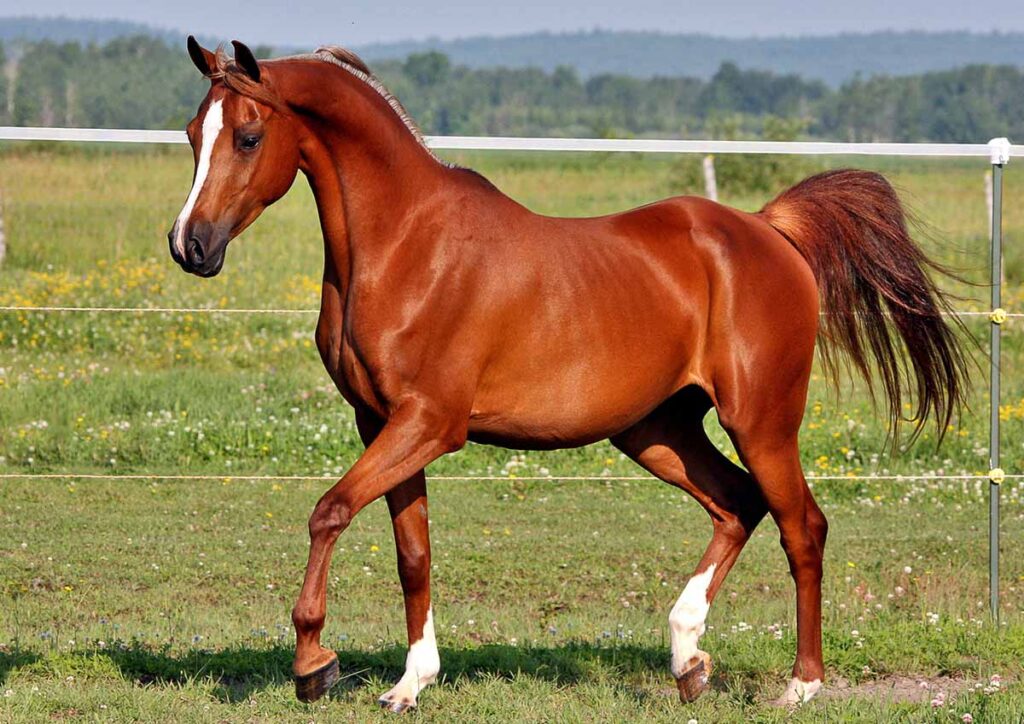From Wild to Stable: The Journey of a Domesticated Horse
Horses have shared a deep bond with humans for thousands of years, playing a vital role in travel, farming, and even therapy. But beyond their utility, the life of a horse is filled with rhythm, instinct, and gentle intelligence.
A typical day in the life of a horse begins with movement. Whether in a stable or open pasture, horses are naturally active and social animals. They thrive in herds, forming close bonds with other horses and developing a clear social hierarchy. Grooming one another and sticking close in groups helps them feel safe and connected.
Horses graze for many hours a day, preferring a steady intake of hay or grass. Their strong digestive systems are built for constant foraging, not big meals. Their ears, eyes, and nostrils are constantly alert, helping them detect even the faintest signs of change in their environment—a legacy of their instincts as prey animals.
When well cared for, horses enjoy structured routines that include grooming, training, and light riding. They respond well to calm, consistent interaction and can form strong attachments to their human caretakers. Each horse has its own temperament—some are playful, others more reserved—but all are deeply sensitive creatures that communicate through body language and tone.
From spirited gallops to quiet stables, the life of a horse is a blend of grace, instinct, and companionship. With the right care and respect, horses lead lives that are not only beautiful but also deeply fulfilling.

